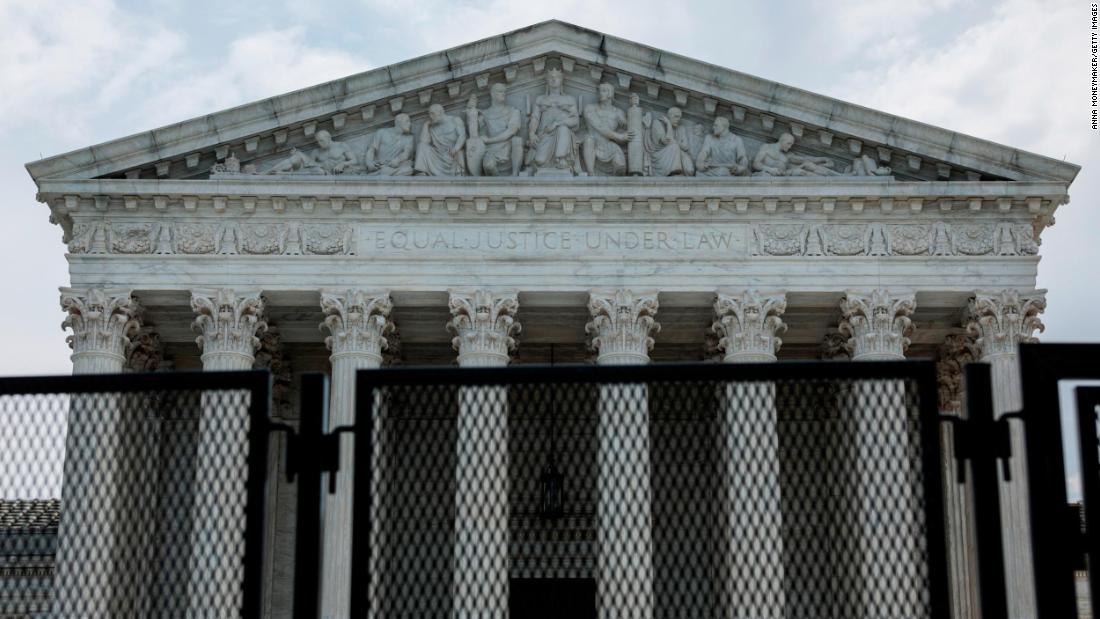
Double jeopardy doesn't apply to overlapping federal and tribal prosecutions, Supreme Court rules
CNN
The Supreme Court on Monday held that a member of the Navajo Nation could be tried in a certain type of Indian court as well as a federal district court for the same crime without violating the double jeopardy clause of the Constitution.
Justice Amy Coney Barrett wrote the majority opinion released on Monday, joined by Justices John Roberts, Clarence Thomas, Stephen Breyer, Samuel Alito and Brett Kavanaugh. Justice Neil Gorsuch wrote a dissent that was joined in part by Justices Sonia Sotomayor and Elena Kagan.
Barrett wrote that Merle Denezpi -- the member of the Navajo Nation who brought the case to Supreme Court after he was prosecuted in both a tribal and federal court for an alleged sexual abuse -- had transgressed two laws with his offense: a tribal law and a federal criminal statute.

Friday featured yet another drop in the drip-drip-drip of new information from the Jeffrey Epstein files. This time: new pictures released by House Democrats that feature Donald Trump and other powerful people like Bill Clinton, Steve Bannon and Richard Branson, culled from tens of thousands of photos from Epstein’s estate.












